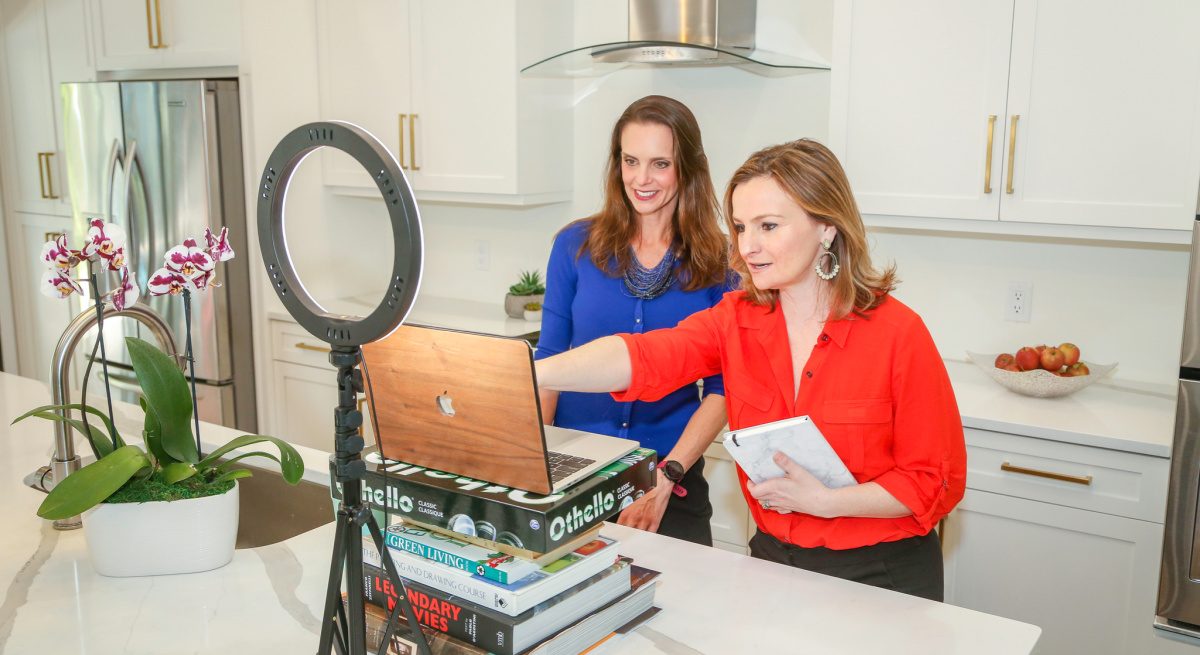Proper Preparation Might Lead to Increased Media Exposure
3 Min Read By Ioana Good, Bob Carilli
Let’s face it, many people find public speaking a daunting task. If you add lights, cameras, and an action-packed newsroom, it’s easy for anyone to become overwhelmed. In today’s media landscape, many interviews are taking place on Zoom which can add more complexity to the interview process.
But no matter what the medium is, more often than not, an unprepared source can unwittingly squander a media opportunity while a well-prepared source will move the interview from average to exceptional. Good media coaching helps interviewees develop key messaging in advance, as well as an on-the-spot strategy during an uncertain or uncomfortable scenario. Here are some tips and tricks to help you navigate your next TV interview.
Develop Key Points and Know Your Audience
No matter how complex the subject is, it’s always helpful to know your audience in advance and develop talking points so you can successfully get your message across to the viewers. It pays to invest in preparation to develop concise, memorable quotes, and well-informed affirmative opinions.
For instance, we recently worked with the lead sports nutritionist for the United States Tennis Association on a news segment for a Fox News morning show about beneficial foods that support mental health. Instead of the interviewee going into detailed medical research data, she delivered her points by painting the story about why omega 3’s are important to brain health in a simple way so the lay audience could understand. The more you understand the media outlet, the more you will be able to communicate with your audience.
Practice, Practice, Practice
Once you have your key points down, it’s time to dedicate some time and practice your responses with a PR coach. Tell your coach right away what worries you the most and why. This way, your coach can ask tough questions to help you develop answers and strategies to deal with each type of question that is concerning to you. When you respond, be yourself and don’t try to put on a character or persona just for the cameras. Let your personality shine and be authentic.
Work with your PR practitioner on preparing for the medium as well. If the interview is to be conducted on Zoom, be sure to have the appropriate set-up which includes lighting, background, clear sound, and good connectivity.
Don’t Ramble
News clips move quickly and your messages need to keep pace. Write down the points you want to address and stick to them during the interview. Offer succinct examples or statistics that support your topic but don’t go on and on unless you are invited by the reporter to do so. Listen to the reporter’s question and only offer a response to the question instead of treating this like a causal conversion where you go from one topic to another. Be sure to stick to the time frame and only answer what is asked.
The best spokespeople come across as relaxed and natural. While it’s important to prepare for your talking points, try not to memorize them, or worse, read them back to the reporter. We once worked with a reporter that told us the source rambled on so much, the reporter put himself on mute while he worked on another news story – not good.
Get Quoted Again
Do you notice how the same people get quoted over and over again? There’s a reason for this. These individuals have built trust with the media. They are also accessible, knowledgeable, and authentic. Today’s reporters work against hourly deadlines and sometimes the first people to return their call or email with something noteworthy are often the ones who make it in the news. Act quickly when an opportunity presents itself.
Media training provides you with a greater influence over your message and the confidence to perfect a media interview. Are you ready for your next TV interview?



